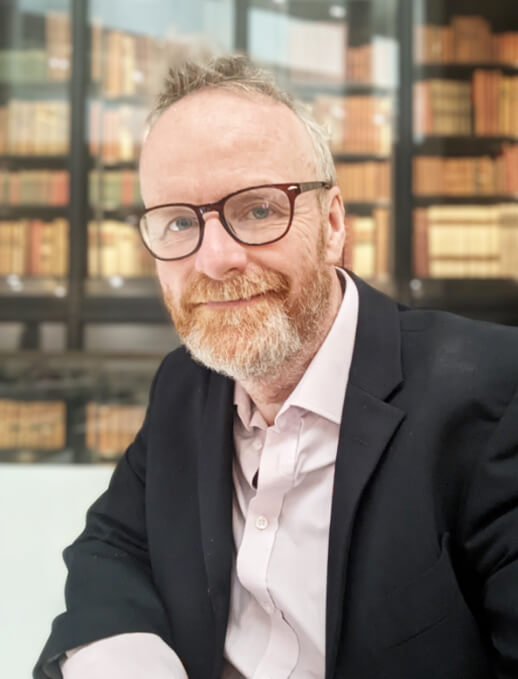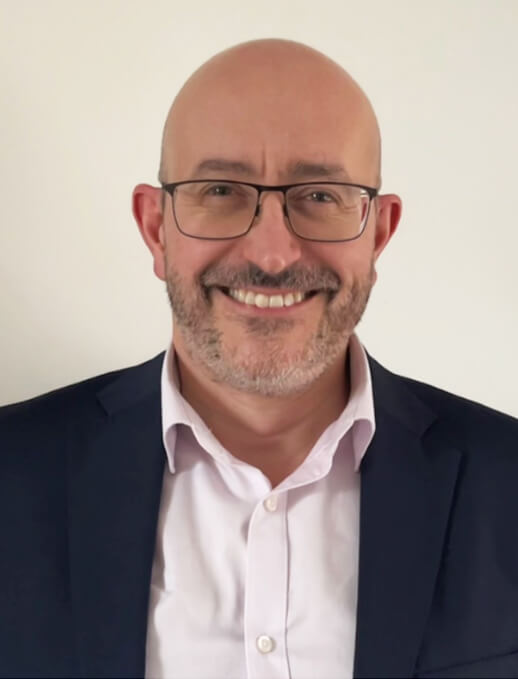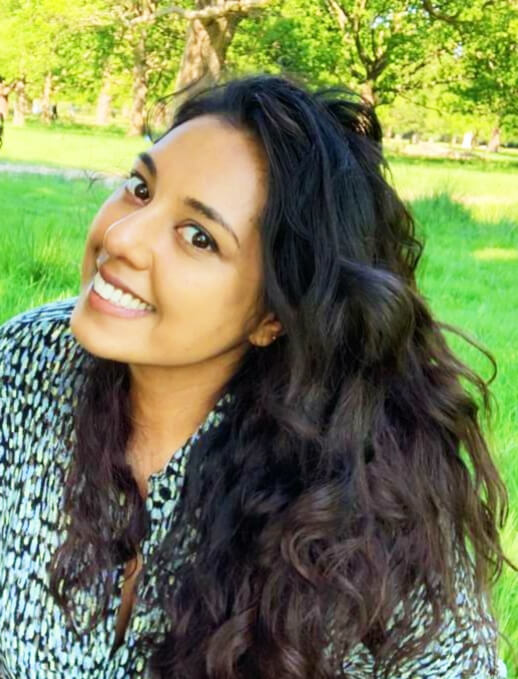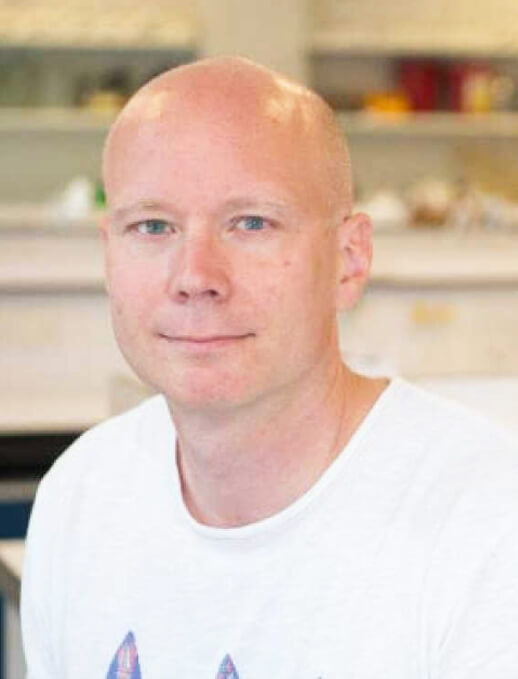
KMTV is an independent Ofcom regulated public service broadcast house and creative production company. It is a recognised provider of high-end television programming through HMRC’s tax relief scheme, regulated, managed, and certificated by the British Film Institute on behalf of the Department for Digital, Culture, Media, and Sport (DCMS). KMTV’s award winning team of broadcast journalists and filmmakers has spent several years working in the Higer Education sector, collaborating with researchers from all academic disciplines to build an impressive portfolio of research informed documentaries and science communication programmes including Generation Genome – recently acquired by ITVX. KMTV transmits on Freeview Channel 7 as part of the UK’s Local Television Network with a total reach of more than 16 million households.
KMTV Ltd is delighted to have been recognised as the Regional Hub Organisation for FameLab. KMTV will offer training to all applicants regardless of whether they decide to enter the competition.
Applications to take part in FameLab UK are set to open in October 2023 and will be coordinated centrally by Cheltenham Festivals.
FIND OUT MORE AND APPLY
Agnes Gulyas is a Professor of Media and Communications at the School of Creative Arts and Industries, Canterbury Christ Church University. Her work focuses on local media and journalism comparative studies
digital journalism and communication, and social media research. She is on the editorial board of the academic journals Digital Journalism and Media and Communication, as well as a member of the Arts and Humanities Research Council Peer Review College. She is a founding member of the Local and Community Media research network of the Media, Communication and Cultural Studies Association, where she is also a member of the Executive committee.

Dr Jess Wade is a Royal Society University Research Fellow and Lecturer in Functional Materials in the Department of Materials at Imperial College London. Her research considers new materials for
optoelectronic devices, with a focus on chiral organic semiconductors and how to optimise these chiral systems such that they can absorb/emit circularly polarised light as well as transport spin-polarised electrons. For her PhD Jess concentrated on new materials for photovoltaics and the development of advanced characterisation techniques to better understand their molecular packing. Outside of the lab, Jess is involved with several science communication and outreach initiatives. She is committed to improving diversity in science, both online and offline.

Phil is Director of Eastern Arc, the regional research consortium comprising the universities of East Anglia, Essex, Kent and Sussex. Previously he worked for the University of Kent as Deputy Director
of Research Services, and for the Arts and Humanities Research Council (AHRC). He engages widely with the sector, and is Chair of the ARMA Editorial Working Group, leading on the redesign and digitisation of the member's magazine. He has written extensively for a range of outlets, including a stint as a Commissioning Editor for Research Professional. He writes the award-winning blog Research Fundermentals, and recently co-authored Getting Research Funded (Sage) with Australian colleagues Tseen Khoo and Jonathan O’Donnell.

Simon is the Associate Dean – Research and Knowledge Exchange in the Faculty of Engineering and Science at the University of Greenwich and a Professor in Evolutionary Biology. With a background in zoology
and genetics, Simon has also worked at Canterbury Christ Church University, the University of Bristol and the University of Stirling. With an interest in communicating science in an accessible way that dates back to early in his career, Simon has written for many different audiences and has taught science communication to undergraduate and postgraduate students.

Pooja is currently a Postdoctoral Research Fellow in the van Dorp group at UCL, investigating how pathogens have evolved through space and time using ancient DNA from skeletal remains and museum
specimens. She recently completed her PhD at the Francis Crick Institute, where her focus was on bacterial evolution, including the analysis of 4000-year-old plague genomes from Britain, the oldest at that time. Beyond academia, she is dedicated to bridging the science-public gap through engagements at museums, media interviews, podcasts, and event presentations for public groups and schools. She received the prestigious 2023 Agricultural, Biological, and Medical Sciences award from the British Science Association for her work in Science Communication and has since been giving talks around the UK about her research.

Tobias von der Haar is Professor of Systems Biology at the University of Kent. His research group have studied how eukaryotic mRNAs are translated into proteins, and how the process of protein synthesis is regulated,
since 2006. Combining experimental and computational approaches to address these problems. The computational modelling work brought Tobias and his group in contact with companies interested in improving the efficiency of their protein expression systems, and his recent research interests focus on the design of efficient DNA and RNA sequences for industrial, environmental and medical applications. He currently holds a Royal Society Industry Fellowship to work on the development of more efficient RNA Therapeutics together with industrial partners. Tobias has held multiple roles relating to Innovation, Entrepreneurship and Career Development including serving on the BBSRC Skills and Careers Advisory Panel, as Director for Research and Innovation for the Division of Natural Sciences at Kent, and currently as PI for Kent’s BBSRC-funded Impact Acceleration Account.
FameLab is the largest, public facing, science communication competition and training programme in the world. FameLab® is a registered trademark of Cheltenham Festivals, who created the programme in 2005. Thanks to a 15-year partnership with the British Council, FameLab has run in over 40 countries across the world together with more than 200 local partner organisations. This vibrant global network brought together over 40,000 scientists and engineers who were able to engage with international audiences.
Researchers from across the globe gather online or live to compete to vie for the title of world’s best science communicator. They’ll have just 3 minutes each to communicate their research to a global audience and an expert panel of judges. The winner is the speaker who best demonstrates FameLab’s three C’s – Content, Clarity and Charisma.
Partnering for Excellence:
KMTV is proud to be working in partnership with Canterbury Christ Church University, University of East Anglia, University of Essex, University of Kent, and the University of Greenwich to develop the next generation of science and social science communicators . If you or your company are interested in sponsoring or supporting KMTV as the southeastern regional training and competition hub for FameLab email jhurst@kmtv.co.uk.
September: Publicise to networks. Southeast Regional Final date and venue announced.
October to December: Cheltenham Festivals open applications.
January to February: Applications centrally allocated by Cheltenham Festivals to KMTV. Training sessions offered to all applicants hosted by KTMV. Judging panel announced.
March: Participants submit video entries to KMTV. Selection process to next round.
April: Televised/streamed regional final live from the Gulbenkian Theatre, Canterbury on Wed 3rd April 2024.
May: 2-day masterclass training for regional winners hosted by Cheltenham Festivals.
June: National final, Cheltenham Science Festival.
FIND OUT MORE AND APPLY